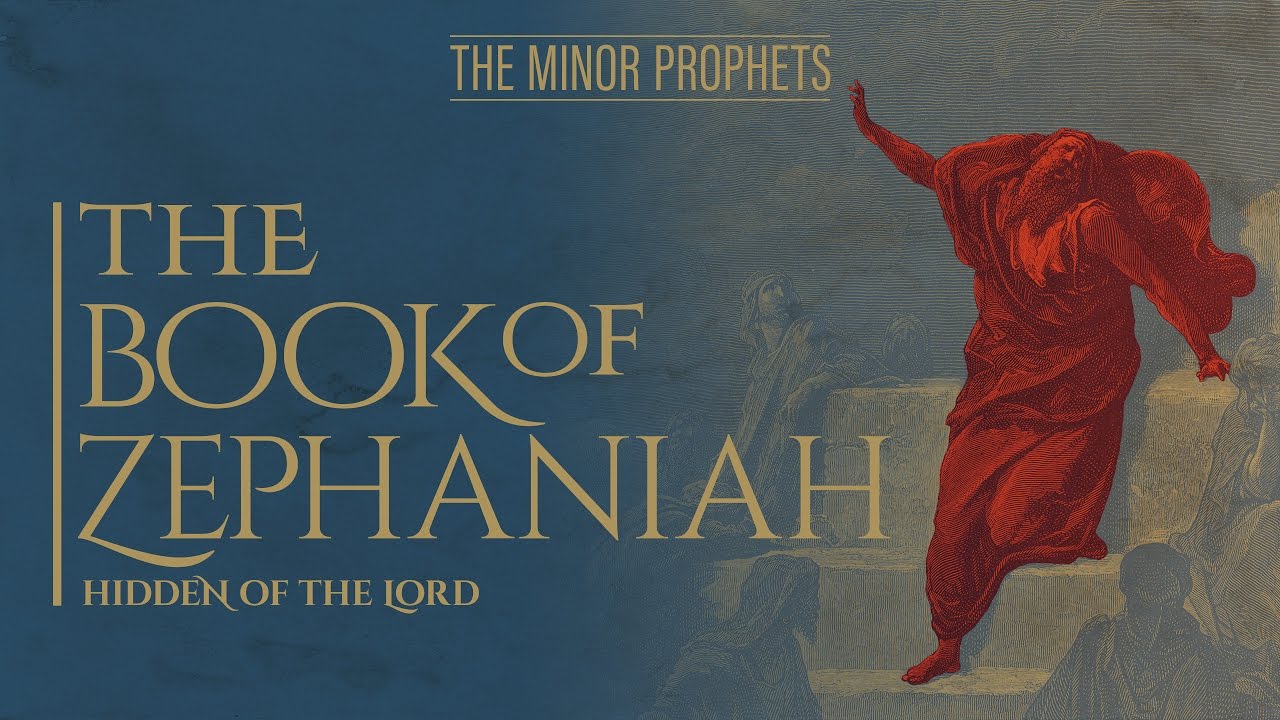Zephaniah
צְפַנְיָה
"Yahweh has hidden / protected"
From the verb צָפַן which means, "to hide, treasure up."
יָה is the short form of Yahweh.

Used with permission. ©2021 United Church of God, an International Association.
https://www.ucg.org/beyond-today/beyond-today-bible-study/the-minor-prophets
Introduction
The Book of Zephaniah is the ninth of the Twelve Minor Prophets, preceded by the Book of Habakkuk and followed by the Book of Haggai.
Author, Date
All that is known of Zephaniah comes from the text.The book's superscription attributes its authorship to "Zephaniah son of Cushi."The name "Cushi," Zephaniah's father, means "Cushite" or "Ethiopian," and the text of Zephaniah mentions the sin and restoration of Ethiopians.While some have concluded from this that Zephaniah was a black Jew, Ehud Ben Zvi maintains that, based on the context, "Cushi" must be understood as a personal name rather than an indicator of nationality. As with many of the other prophets, there is no external evidence to directly associate composition of the book with a prophet by the name of Zephaniah.
Some scholars consider the words in Zephaniah to reflect a time early in the reign of King Josiah (640–609 BC) before his reforms of 622 BC took full effect.
Others agree that some portion of the book is postmonarchic, that is, dating to later than 586 BC when the Kingdom of Judah fell in the Siege of Jerusalem.
Some who consider the book to have largely been written by a historical Zephaniah have suggested that he may have been a disciple of Isaiah because of the two books' similar focus on rampant corruption and injustice in Judah.
Contents
1:1 Superscription
1:2–13 The Coming Judgment on Judah
1:14–18 The Great Day of the Lord
2:1–15 Judgment on Israel's Enemies
3:1–7 The Wickedness of Jerusalem
3:8–13 Punishment and Conversion of the Nations
3:14–20 Song of Joy
The rest of this comprehensive Wikipedia article on the book can be read here.
An extract from BHFA Volume 5
Zephaniah 3:17d
יַחֲרִישׁ בְּאַהֲבָתוֹ
with his love he will cause to be quiet
Ltrl with his love - he will cause to be quiet
KJB he will rest in his love,
NASB He will be quiet in His love
ESV he will quiet you by his love;
NLT With his love, he will calm all your fears.
NIV in his love he will no longer rebuke you,
WEB He will calm you in his love.